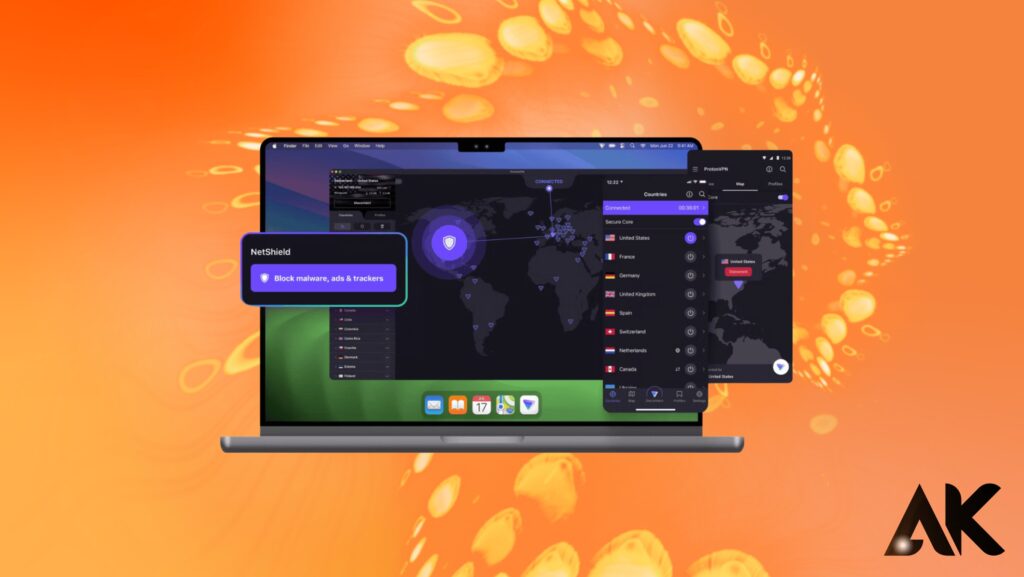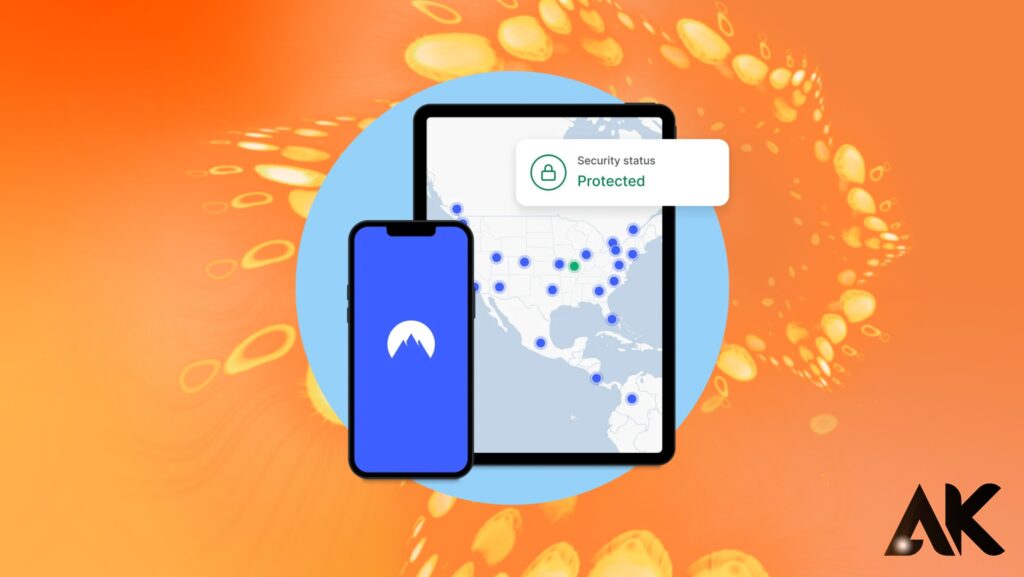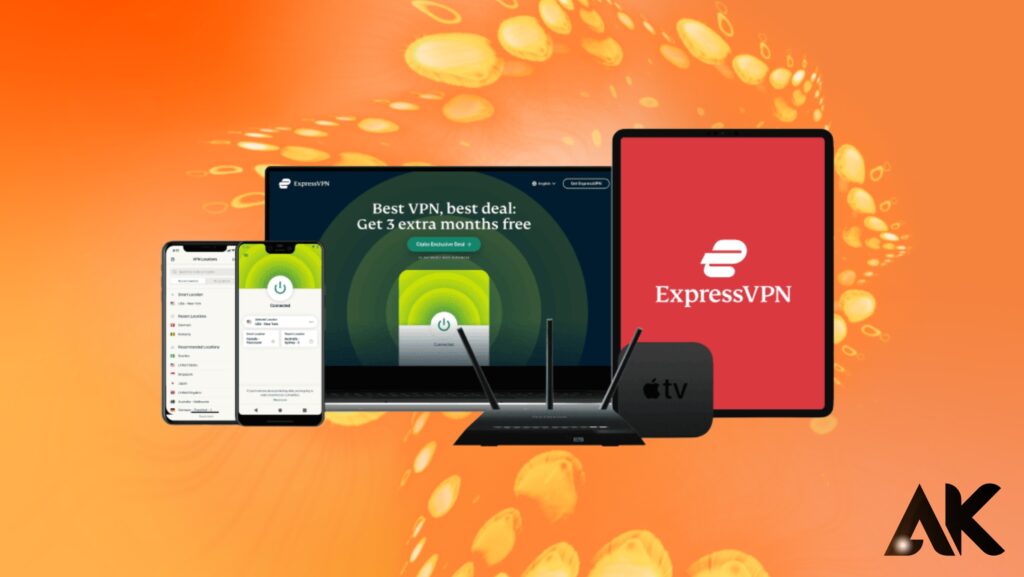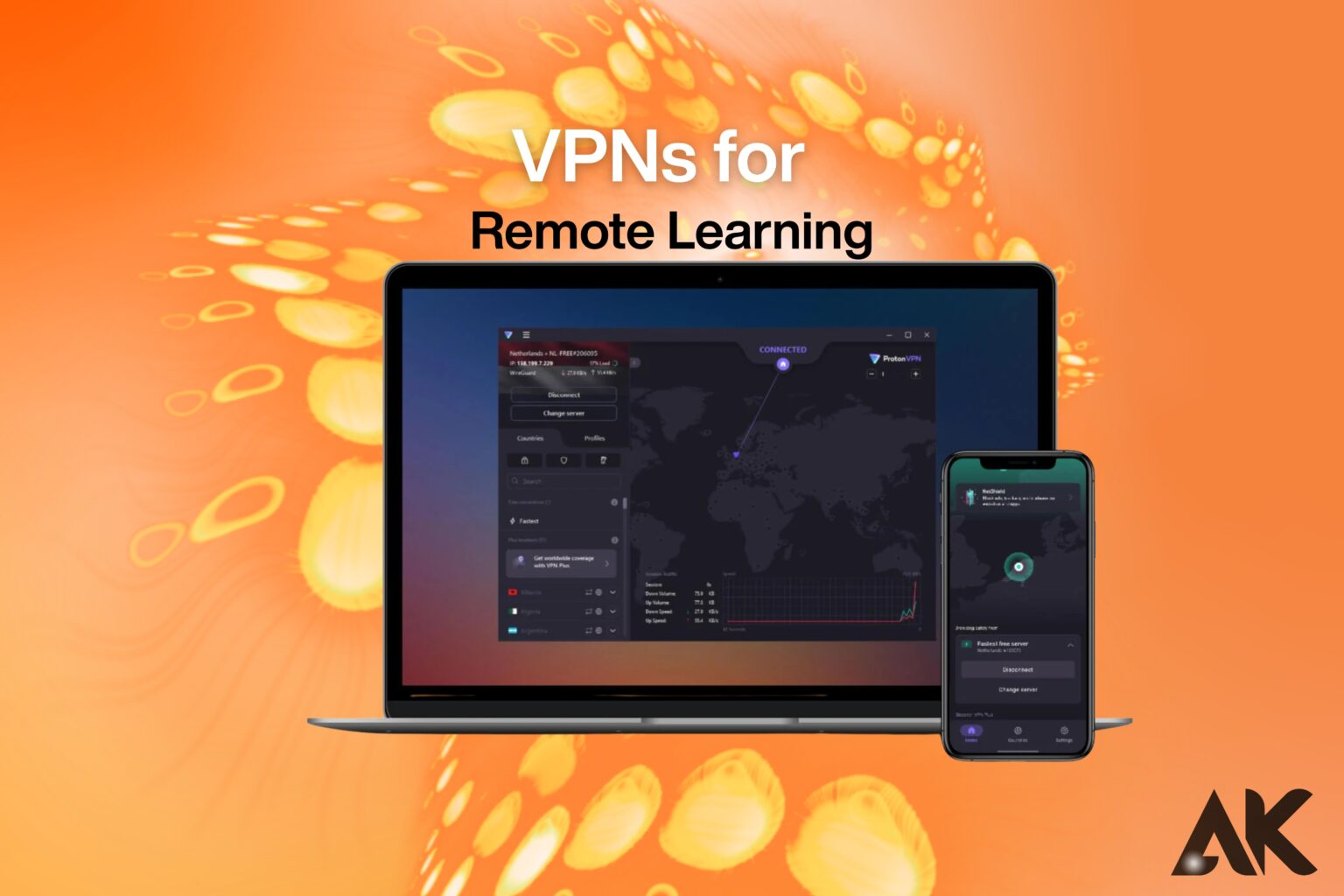Struggling to stay safe while studying online? You’re not alone. A VPN for remote learning is one of the best tools to protect your personal data and ensure a secure connection while accessing educational resources from home or public Wi-Fi.
In this blog, we’ll explore the top 7 VPNs for remote learning that offer strong security, fast speeds, and easy setup—perfect for students and educators alike. Whether you’re attending virtual classes, downloading coursework, or simply browsing, using a reliable VPN can make your online experience safer and smoother.
We’ve carefully selected these VPNs based on performance, privacy features, and user-friendliness to help you make the best choice. Let’s dive into the list and find the perfect VPN for your learning needs.
Comparison Table: Best VPNs for Remote Learning

| VPN Service | Speed | Security Features | Ease of Use | Simultaneous Connections | Price (Monthly Avg.) |
|---|---|---|---|---|---|
| NordVPN | Very Fast | AES-256, Threat Protection | Easy | 6 | $3.29 |
| ExpressVPN | Fast | AES-256, TrustedServer | Very Easy | 5 | $6.67 |
| Surfshark | Fast | AES-256, CleanWeb | Very Easy | Unlimited | $2.49 |
| CyberGhost | Fast | AES-256, NoSpy Servers | Easy | 7 | $2.19 |
| ProtonVPN | Moderate | AES-256, Secure Core | Moderate | 10 | $4.99 |
| Private Internet Access (PIA) | Fast | AES-256, Open Source | Moderate | Unlimited | $2.03 |
| Atlas VPN | Moderate | AES-256, SafeSwap | Very Easy | Unlimited | $1.82 |
1. NordVPN – Best Overall VPN for Remote Learning

Key Features:
- Military-grade AES-256 encryption
- Double VPN for extra privacy
- Threat Protection to block malware and ads
- 5,000+ servers in 60+ countries
NordVPN tops the list as the best VPN for remote learning thanks to its exceptional speed, advanced security features, and reliable performance. Its Threat Protection system ensures your connection remains secure even if you’re on public Wi-Fi, which is common for students working remotely.
Pros:
- Strong privacy policy
- Works with all major platforms
- Fast streaming and downloads
Cons:
- Slightly higher price than budget options
Best for: Students and teachers who prioritize security and speed.
2. ExpressVPN – Most Reliable and User-Friendly

Key Features:
- TrustedServer technology (RAM-only servers)
- AES-256 encryption with Lightway protocol
- 3,000+ servers across 94 countries
ExpressVPN is known for its ease of use and fast, stable connections. It’s an excellent VPN for remote learning if you’re frequently accessing online lectures, video calls, and coursework without interruptions.
Pros:
- Intuitive app for all devices
- Strong global server coverage
- Reliable connection speeds
Cons:
- Pricier than most VPNs
Best for: Users who want the most seamless and stable remote learning experience.
3. Surfshark – Best Budget-Friendly Option
Key Features:
- AES-256 encryption with WireGuard protocol
- CleanWeb ad and malware blocker
- Unlimited simultaneous connections
Surfshark offers top-tier features at a budget price. It’s perfect for families or students sharing devices, as it allows unlimited connections under one account. With its CleanWeb feature, it also ensures a distraction-free learning environment.
Pros:
- Affordable pricing
- Unlimited devices
- Great performance for its price
Cons:
- Some advanced features require manual setup
Best for: Budget-conscious learners and families.
4. CyberGhost – Ideal for Beginners
Key Features:
- AES-256 encryption with NoSpy servers
- Dedicated servers for streaming and browsing
- User-friendly interface with automation features
CyberGhost is one of the most beginner-friendly VPNs on the market. It offers dedicated profiles for streaming and security, making it easy to choose the best server for your online class or study session.
Pros:
- Simplified interface
- Huge server network (9,000+)
- Great for streaming
Cons:
- Lacks some advanced features
Best for: New VPN users who want easy navigation and performance.
5. ProtonVPN – Focus on Privacy and Open Source
Key Features:
- Secure Core architecture
- Open-source apps
- Based in Switzerland with strong privacy laws
ProtonVPN is perfect for students and educators who are privacy-focused. It’s backed by the team behind ProtonMail and offers Secure Core servers that route traffic through multiple layers of protection.
Pros:
- Excellent privacy tools
- Strong legal protection
- Open-source transparency
Cons:
- Slower speeds on free plan
Best for: Privacy advocates and researchers.
6. Private Internet Access (PIA) – Customizable Security
Key Features:
- AES-256 encryption with customizable protocols
- Open-source software
- Strong kill switch and split tunneling
PIA is a long-trusted VPN that offers deep customization. It’s ideal for tech-savvy users who want more control over their connection settings. PIA also supports unlimited devices, making it great for households.
Pros:
- Transparent and open-source
- Highly customizable settings
- Great value
Cons:
- Interface might overwhelm new users
Best for: Advanced users and tech students.
7. Atlas VPN – Lightweight and Efficient
Key Features:
- SafeSwap for rotating IP addresses
- Built-in data breach monitor
- WireGuard protocol for speed
Atlas VPN is newer to the market but has quickly gained attention for its lightweight design and fast performance. It’s a great VPN for remote learning if you want simplicity, security, and a student-friendly price.
Pros:
- Great free plan
- Fast speeds with WireGuard
- Unlimited devices
Cons:
- Smaller server network
Best for: Mobile-first users and students on a tight budget.
How to Choose the Right VPN for Remote Learning
When picking the right VPN for remote learning, consider the following factors:
1. Security
Look for features like AES-256 encryption, a kill switch, DNS leak protection, and a no-logs policy.
2. Speed
Choose a VPN that doesn’t compromise your connection. Slow speeds can disrupt video lectures and downloads.
3. Ease of Use
Simple, intuitive apps are ideal, especially for students new to VPNs.
4. Number of Devices
If you’re using multiple devices (laptop, tablet, phone), pick a VPN that allows multiple or unlimited connections.
5. Price
Many VPNs offer student discounts or affordable long-term plans. Always balance cost with features.
Final Thoughts
Using a VPN for remote learning is essential in today’s digital world. It ensures that your personal information remains private, your connection stays secure, and you can access global educational content without restrictions. Whether you’re a high school student attending Zoom classes, a college student submitting assignments, or a teacher conducting online lessons, a reliable VPN is a smart investment.
Our top picks—like NordVPN, Surfshark, and ExpressVPN—offer excellent performance, solid security, and user-friendly features. Each VPN on this list has unique strengths, so you can choose one that best fits your budget and learning style.
Stay secure, stay smart, and make the most of your online education with the right VPN.
FAQs
Question: What is a VPN for remote learning?
Answer: A VPN for remote learning is a virtual private network that helps students and educators securely access the internet while studying or teaching online. It encrypts your internet connection, protects your personal data, and allows safe access to educational platforms, even on public or unsecured networks.
Question: Is using a VPN for remote learning legal?
Answer: Yes, using a VPN for remote learning is legal in most countries. It’s a legitimate tool for enhancing online privacy and security. However, users should always follow their institution’s policies and local laws.
Question: Can a VPN improve online class performance?
Answer: While a VPN primarily enhances security, it can also improve online class performance by reducing throttling from internet service providers and ensuring a more stable connection, especially when accessing servers closer to your location.

